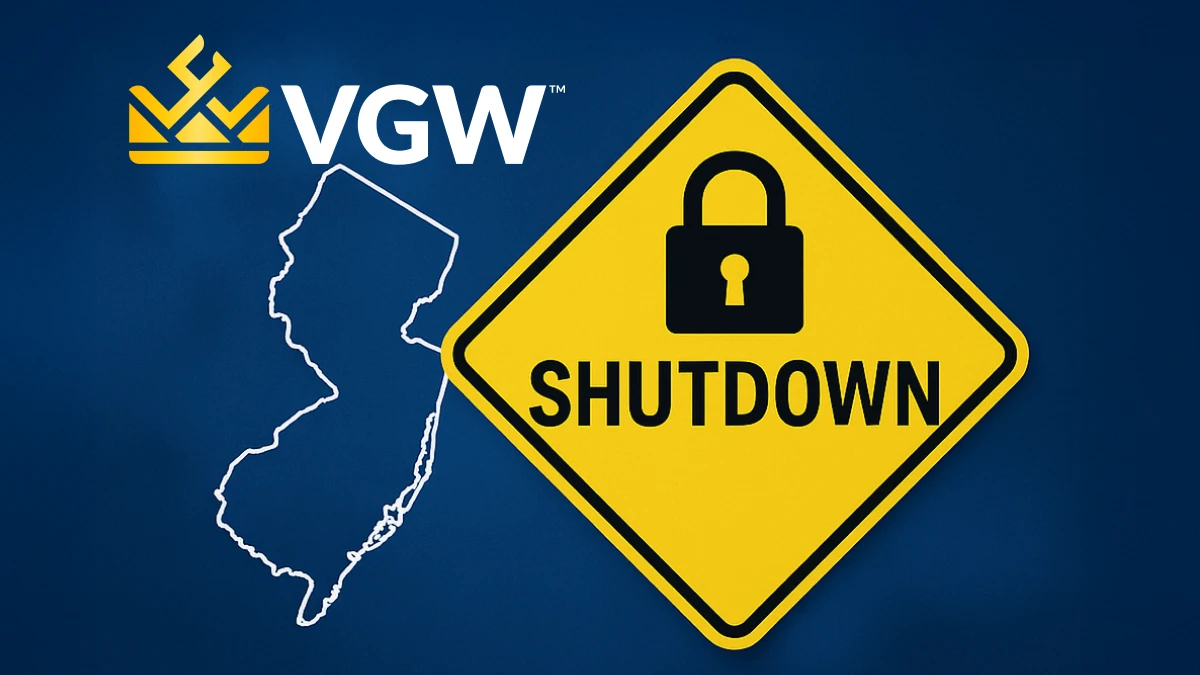Ryan Seacrest Faces Lawsuit Over Chumba Casino Endorsement

1.0
Default
Sweepstakes casino operators continue to take a hit in the US as more and more states seek to prohibit their operations - and this now includes a lawsuit involving VGW, the entity behind sweepstakes casinos like Chumba Casino, Luckyland, and Global Poker. In the lawsuit, a third defendant was brought in last month: Ryan Seacrest, the popular American Idol emcee and TV personality, who is also a Chumba Casino spokesperson.
A popular California sweepstakes operator is facing heightened legal scrutiny - this time with a celebrity twist. Television host and personality Ryan Seacrest has been named as a defendant in an amended lawsuit against VGW, the parent company of well-known sweepstakes sites including Chumba Casino, Luckyland Casino, and Global Poker.
The lawsuit, brought by California resident Aubrey Carillo, was originally recorded in October of 2024 in Riverside County Superior Court. Initially focused solely on VGW, the suit was revised last month to include Seacrest, who serves as a prominent spokesperson for Chumba Casino. The revised complaint significantly expanded in scope, growing from 16 to 71 pages, and deepened its legal arguments against both the operator and its celebrity endorser.
Suit alleges illegal gambling under state law
At the core of Carillo's claim is the allegation that VGW's sweepstakes-based gaming products operate as illicit online casinos within the state of California. The lawsuit draws a direct comparison between VGW's platforms and the internet cafes that proliferated in the early 2000s. These cafes offered phone cards or paid internet access along with bonus credits that could be used to play slot-like games - a model that California lawmakers later deemed unlawful gambling.
Carillo argues that the model used by VGW's platforms is functionally identical, contending that the purchase of virtual currency or other entry methods does not eliminate the element of 'consideration,' a key component in determining what constitutes gambling under state law. The complaint claims VGW has effectively revived the outlawed business model in digital form.
Celebrity endorsement draws fire
The revised complaint singles out Ryan Seacrest for allegedly helping to legitimize and promote an unlawful business through his celebrity endorsement. In a pointed statement within the filing, Carillo accuses Seacrest of leveraging his fame irresponsibly:
"Someone this blessed in life does not need to hurt people for more money, but Defendant Seacrest does that by serving as the official celebrity endorser for ChumbaCasino.com. Defendant Seacrest promotes illegal gambling and in so doing, contributes to the rise of online gambling addiction among adults and adolescents."
The suit claims that Seacrest's influence and promotion of Chumba Casino contribute to a growing trend of online gambling addiction, particularly among vulnerable populations.
Challenge to binding arbitration
In addition to targeting VGW and Seacrest, the lawsuit disputes the enforceability of the sites' terms and conditions - specifically, their use of mandatory arbitration clauses. Carillo argues that because the underlying business model is potentially illegal, the user agreements and any clauses within them, including arbitration, are therefore unenforceable - and void - under California law.
This aspect of the suit could have wider implications as mandatory arbitration is a common legal shield for many online platforms facing user complaints.
Part of a legal trend
While Seacrest is the very first celebrity to be named in such a lawsuit, he is not the first third party to be pulled into the growing legal battles surrounding sweepstakes gaming platforms. Other ongoing lawsuits have targeted payment processors like Worldpay and major technology companies such as Google and Apple, alleging that these firms facilitate access to illegal gambling. To date, no court has issued a final ruling holding these companies liable. However, most cases - including Carillo's - remain active and could set significant legal precedents in the coming months.
As the pressure mounts, the outcome of this lawsuit may influence how sweepstakes-based gaming is treated nationwide - and it could also determine the liability of public figures and tech platforms involved in their promotion.








_800x800.webp)











